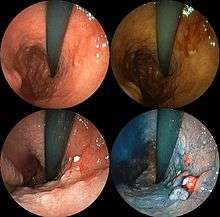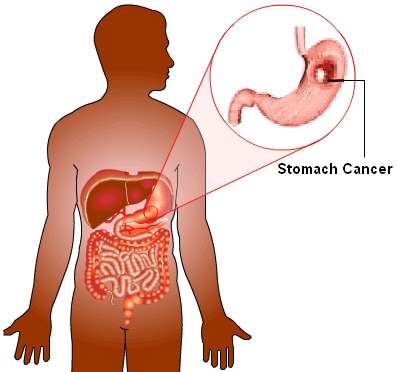Title: Understanding Stomach Cancer: Signs, Symptoms, Causes, Risk Factors, Diagnosis, Prevention, Diet, Lifestyle, and Homoeopathic Medicine
Introduction:
Stomach cancer, also known as gastric cancer, is a serious condition that affects the lining of the stomach. It is important to be aware of the signs, symptoms, causes, risk factors, diagnosis methods, prevention strategies, and the potential role of homoeopathic medicine in managing stomach cancer. In this blog post, we will explore the key aspects of stomach cancer and its holistic approach to treatment.
Signs and Symptoms of Stomach Cancer:
1. Persistent abdominal pain or discomfort: Often located in the upper abdomen.
2. Indigestion and heartburn: Frequent episodes of indigestion or acid reflux.
3. Nausea and vomiting: Feeling of queasiness and occasional vomiting.
4. Unexplained weight loss: Sudden and unintentional weight loss.
5. Loss of appetite: Decreased desire to eat or feeling full after consuming small amounts of food.
6. Fatigue and weakness: Feeling tired and lacking energy.
7. Blood in stool or vomit: In advanced stages, there may be blood in the stool (melena) or vomit (hematemesis).
Common Causes and Risk Factors of Stomach Cancer:
1. Helicobacter pylori (H. pylori) infection: Bacterial infection that can lead to chronic inflammation of the stomach lining.
2. Diet: Consuming a diet high in smoked, salted, or pickled foods, and low in fruits and vegetables.
3. Tobacco and alcohol use: Long-term tobacco and excessive alcohol consumption can increase the risk.
4. Family history: Having a family history of stomach cancer or certain inherited gene mutations.
5. Age and gender: Stomach cancer is more common in older adults and men.
6. Pernicious anemia: A condition where the body is unable to absorb vitamin B12, leading to an increased risk of stomach cancer.
Diagnosis of Stomach Cancer:
Stomach cancer can be diagnosed through various methods, including:
1. Imaging tests: X-rays, CT scans, or MRIs to visualize the stomach and surrounding areas.
2. Endoscopy: A thin, flexible tube with a camera (endoscope) is inserted through the mouth into the stomach to examine the lining and collect tissue samples (biopsy).
3. Blood tests: Detect certain substances or markers that may indicate the presence of cancer.
4. Stool tests: Check for blood in the stool that may indicate stomach cancer.
Prevention Strategies for Stomach Cancer:
1. H. pylori infection management: Treat and eradicate H. pylori infections promptly with appropriate medical treatment.
2. Healthy diet: Consume a well-balanced diet rich in fruits, vegetables, whole grains, and lean proteins. Limit the consumption of processed and preserved foods.
3. Avoid tobacco and excessive alcohol consumption: Quit smoking and limit alcohol intake to reduce the risk of stomach cancer.
4. Food preparation: Follow proper food safety and hygiene practices, such as washing fruits and vegetables thoroughly and avoiding cross-contamination.
Diet and Lifestyle Considerations:
1. Healthy eating habits: Include a variety of nutrient-dense foods and avoid excessive salt, processed meats, and fried foods.
2. Regular physical activity: Engage in regular exercise and maintain a healthy weight.
3. Stress management: Practice stress reduction techniques like meditation, yoga, or deep breathing exercises.
4. Quit smoking and limit alcohol consumption: These habits can significantly reduce the risk of stomach cancer.
Homoeopathic Treatment for Stomach Cancer:
Homoeopathic treatment for stomach cancer focuses on individualized care and addressing underlying imbalances. As stomach cancer requires comprehensive medical management
, homoeopathy can play a supportive role in improving overall well-being and alleviating symptoms associated with the disease. Homoeopathic remedies are selected based on the individual's unique symptoms and constitutional characteristics.
It is important to consult a qualified homoeopathic practitioner who can provide personalized treatment and work in conjunction with conventional medical interventions.
Conclusion:
Stomach cancer is a serious condition that requires prompt diagnosis and comprehensive medical management. By understanding the signs, symptoms, causes, risk factors, diagnosis methods, prevention strategies, and exploring the potential role of homoeopathic medicine, individuals can take steps towards effective management and support in their journey. Always consult healthcare professionals for an accurate diagnosis and to create a comprehensive treatment plan tailored to your specific needs.


Leave a Message